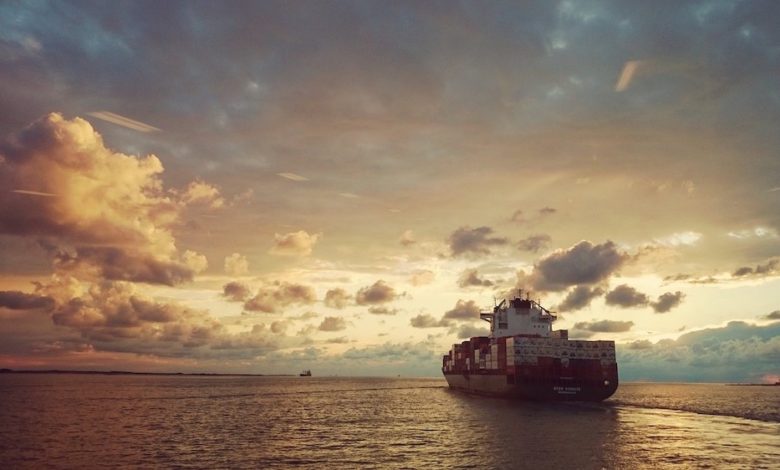Getting to Zero Coalition showcases its vision for shipping’s energy transition

Many levers should be pulled for shipping’s transition to a zero emission future, a new report by UMAS for The Getting to Zero Coalition suggests.
Titled “Strategy for the Transition to Zero-Emission Shipping”, the report is said to be the first major shipping analysis to use a multi-disciplinary approach by studying the actions that governments, industry, and international bodies must take to achieve a transition to zero emissions by 2050.
The assorted decarbonisation plans being showcased to the shipping industry cannot come soon enough with news emerging today from sister publication, Splash Extra, that shipping’s carbon intensity is set to jump significantly in 2021, the first rise in many years.
The newly published strategy demonstrated that this transition is an opportunity to create new markets, new technologies and new jobs, alongside wholesale benefits to society. The study challenged several narratives around industry and policy action, for example, the use of carbon pricing as a panacea to solve the sector’s transition to zero emission fuels and the necessity of the IMO to drive early adoption.
Through a study of shipping’s previous transitions and other sectoral transitions, the report shows that a transition away from fossil fuels in shipping has much in common with, and can learn from, other transitions.
“Since 2018, the decarbonization discussion has been dominated by deliberations of the industry’s fuel choice and the chances of carbon pricing at the IMO. This study shows that shipping’s decarbonization needs a broader perspective, and more attention on the many levers for change that can and should be pulled including at the national and regional level,” said Dr Tristan Smith, associate professor at UCL Energy Institute and the lead author of the report.
It says that the transition is not all about IMO and that other actors, including national and regional regulators, and private stakeholders, have an important role to play.
“IMO policy is important, but is unlikely to be the sole enabler of first movers, in part due to the complexity and timescales involved in developing global policy. Some national or regional actors now appear particularly well-positioned to lead sub-global policy and collaboration. Such action can serve to shore up and stimulate global policy developments at IMO and we show that even a small number of countries can impact a very significant share of the identified early adoption fuel consumption” says Dr Alison Shaw of UMAS, a co-author of the study.
The report concludes that the fuel pathway is not predetermined but will be impacted by the choices of the coming years. However, it highlighted that at this point in shipping’s transition, the most urgent commercial and policy actions are those that can contribute to increasing production and use of scalable zero emission fuels derived from hydrogen.
Meanwhile, in their recently launched industry transition strategy, The Mærsk Mc-Kinney Møller Center for Zero Carbon Shipping concluded that it is indeed possible to decarbonize shipping if maritime industry action is combined with firm regulation. Four main drivers have been identified to help accelerate the transition within this decade: A level playing field through global regulation; Competitive alternative marine fuels at scale; Wider adoption of energy efficiency measures; and Support to decarbonisation front runners.
